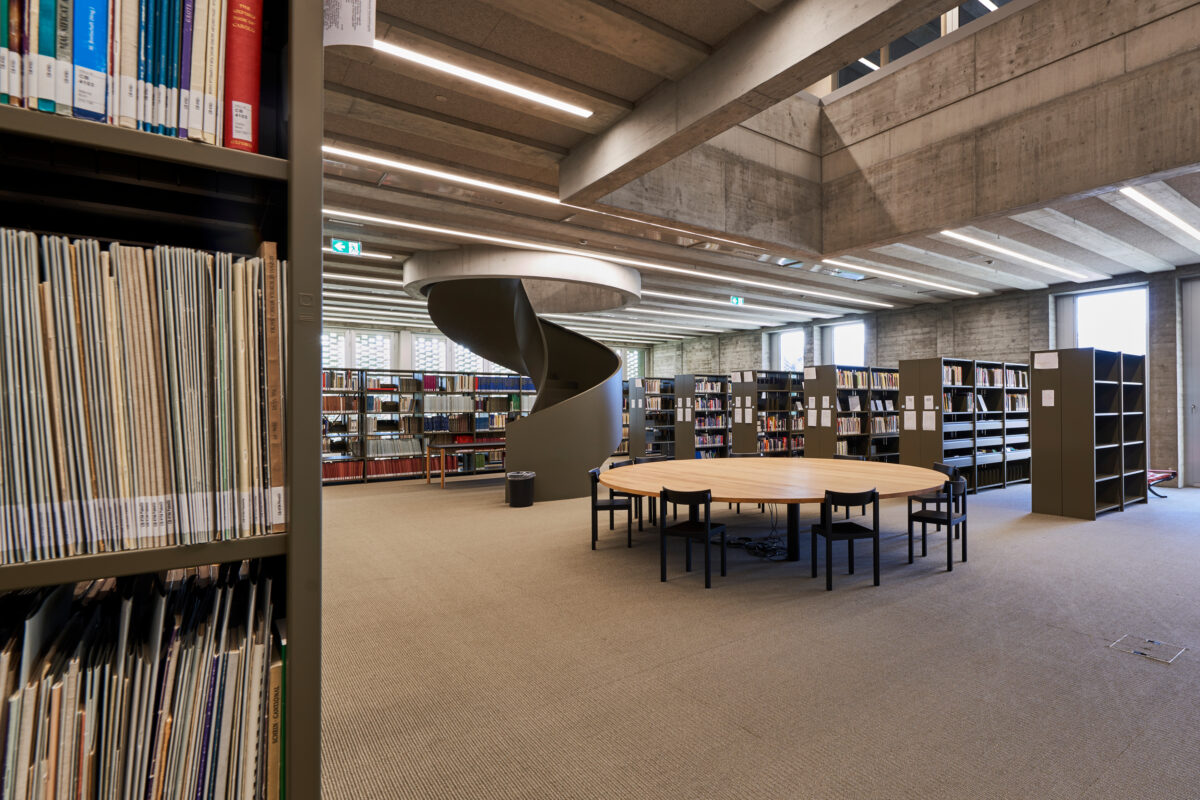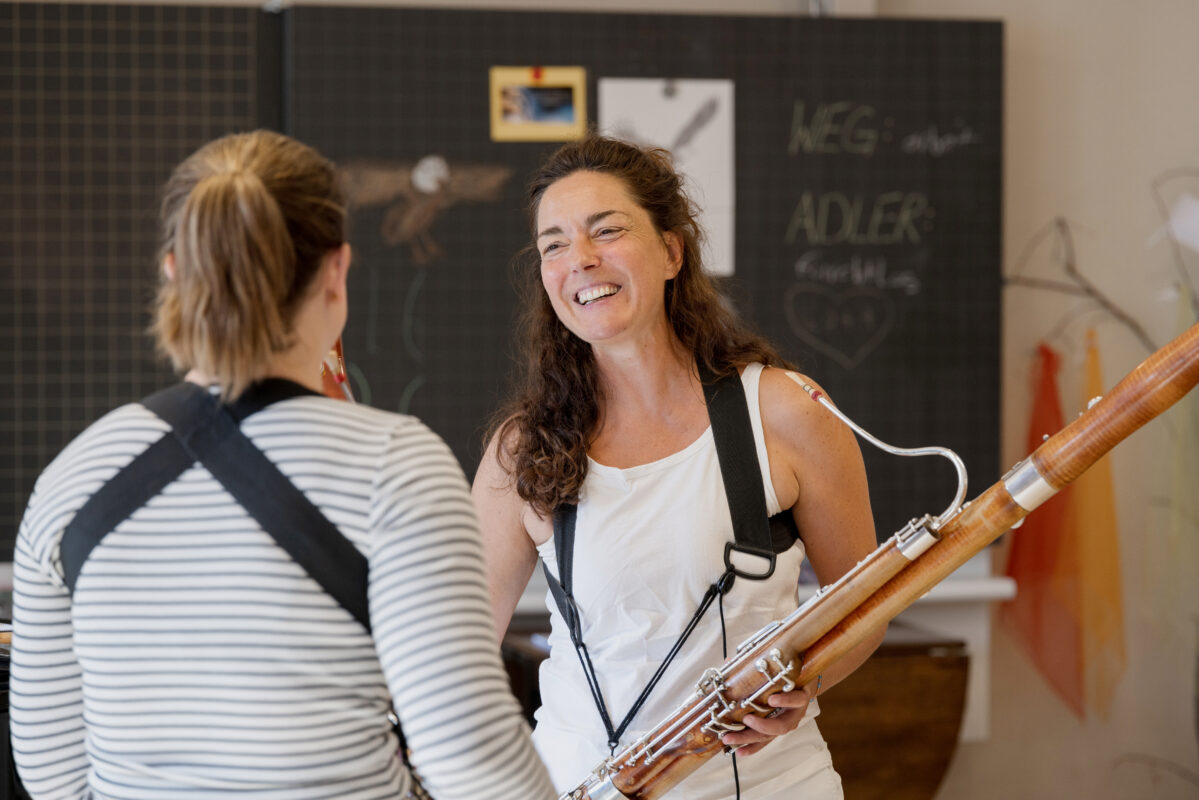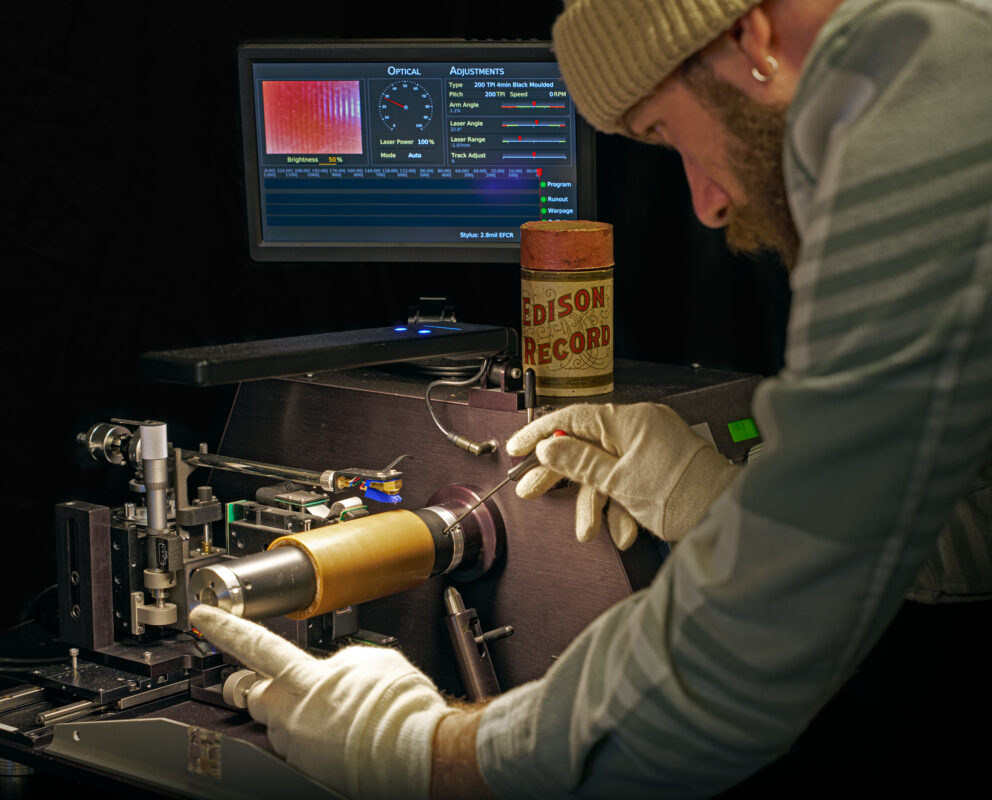Promoting mental health at conservatoires
Resource-oriented training and self-management approaches offer potential for promoting and maintaining psycho-physical health in higher education.
According to Health Promotion Switzerland, health is subject to dynamic processes and arises when internal and external resources and stresses are in balance. The interplay between a person's physical, mental and social state plays a central role in this.
Resources are seen as protective factors for health. The individualized development of resources, taking into account the bio-psycho-social model, is therefore of great importance in promoting and maintaining mental health during training.
Resource-oriented approaches aim to develop strategies and patterns of action that can be used for the gradual prevention of psycho-physical stress and illness. The concept of resources varies depending on the theoretical foundation of the approaches. What they all have in common, however, is that they aim to enable the individual, but also institutions, to master everyday training in a self-effective and self-determined manner.
Promoting and maintaining the psycho-physical health of university members can be better supported the broader the range of services on offer. In addition to individual, low-threshold counseling services, curriculum-based courses are important in order to enable the development and expansion of psycho-physical resources as early as possible in training. These include scientifically based and evaluated stress management approaches tailored to the realities of music-making for the stage and everyday student life, mental training, forms of physical training suitable for the stage and the teaching of suitable learning and practice strategies. With a view to prevention, there should also be offers for individual lessons as well as didactic and methodological training in order to train core competencies of a constructive, solution-oriented (self-)instruction style and an appropriate feedback culture.
Research continuously generates new knowledge
There has been an encouraging development in research and teaching on mental health at Swiss music universities. This active role is also reflected in the "Position Paper on Health Education in Tertiary Music Institutions" initiated by Johns Hopkins University. In addition to progress in curriculum development, epidemiological studies and research projects on instrumental and vocal issues as well as on hearing, contributions to stage fright research, for example, should be mentioned, which, in cooperation with universities, are constantly giving new impetus to the promotion of mental health. As a result, resource-oriented training and self-management approaches can be successfully combined with the highly specific requirements of conservatoire training.
Swiss University Center for Music Physiology, www.shzm.ch
Example of a health-promoting offer anchored in the curriculum:
www.zhdk.ch/departemente/dmu/musikphysiologie
Note on further training:
Mental training for everyday professional life in music, Basel University of Music,
17.01.2026 with Prof. Horst Hildebrandt and Judith Buchmann








